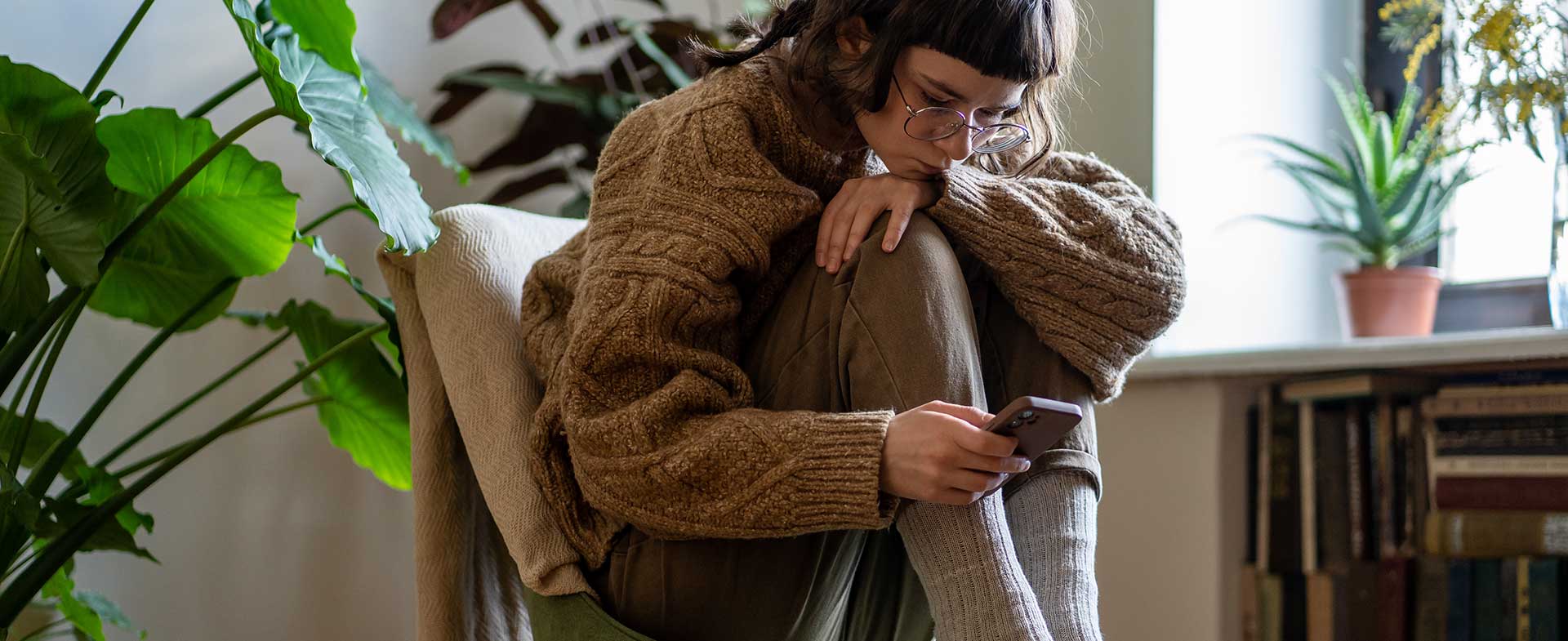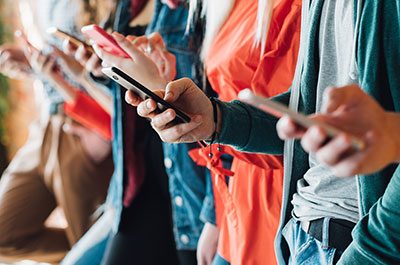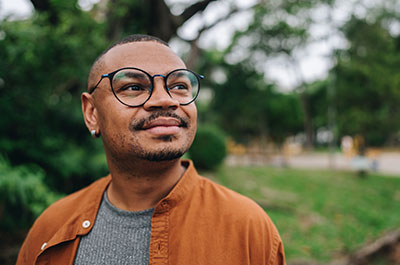If you’re feeling anxious about the upcoming U.S. presidential election, you aren’t alone. In a poll from the American Psychiatric Association, 73% of people said it’s causing them anxiety. But why does this election feel different than those throughout modern history?
“There are two big factors at play,” says Deepak Prabhakar, M.D., chair of psychiatry and behavioral medicine at Henry Ford Health. “Several years ago, we did not have social media engagement at the level we see today. The only way we’d learn about an election would be on TV or in the newspaper once or twice a day. Now the news cycle is constant. And everyone is trying to get their stories picked up by consumers, so headlines tend to be sensationalized – even those that are factual.
“Secondly, a lack of social media meant that even if someone was constantly thinking about an election, they did not have a way to share their feelings. But today, there are several social media channels in which to do this.”
That said, there are ways to shut out the noise and ease your worries about the upcoming election. Here, Dr. Prabhakar shares his tips.
1. Be mindful about how you use social media.
Doom scrolling is an easy trap to fall into – but you can stay informed without being on your phone 24/7. So what’s a healthy amount of time to spend on social media?
“There’s no amount of time that’s scientifically proven to be safe,” says Dr. Prabhakar. “And it’s hard to give an exact time frame because so much of our lives are lived on electronic platforms. I recommend finding breaks during the day to get the information you need without disrupting the rest of your life. For example, try late morning or early afternoon so you have time to process the news without allowing it to keep you up at night. And stick to news outlets or channels that are fact-based instead of those that are salacious.”
2. Cultivate your personal life.
A reminder: it’s okay to not be consumed by the election. “It’s healthy to balance election news with personal hobbies,” says Dr. Prabhakar. Whether it’s playing a sport, cooking a meal, reading a novel or playing a musical instrument, filling your free time with enjoyable activities can prevent you from getting too entrenched in an anxiety-inducing election.

Behavioral Health Services
3. Get involved in your community.
Anxiety stems from a fear of the unknown and a lack of control. Making a difference in your community can help you regain some control – and it benefits your neighborhood in the process.
“Find issues that are important to you – get engaged in your school district, take action to ensure your neighborhood is a safe place for everyone, participate in community activities,” says Dr. Prabhakar. “Many people do a lot of good community work without ever getting involved in elections.”
4. Have respectful discussions with people on the other side of the fence.
It’s easy to cast off the other side as ‘the enemy’ if you surround yourself with likeminded individuals. Seeking out a discussion with someone who has opposing beliefs can be mutually beneficial.
Dr. Prabhakar recommends approaching this conversation the same way you’d read a book. “When you read a book, you go in with an open mind,” he says. “You’re learning the author’s viewpoint without trying to change how they think. You might not agree with everything the author is saying, but you’re open to taking it in.
“So tell yourself: ‘I’m just going to be listening today. I’m not here to convince anyone of anything. My purpose is to listen and understand their perspective.’ If, however, you get to a point in the conversation where you’re getting angry or anxious, it’s okay to step away.”
5. Remember that engagement in the election is a positive sign.
Lastly, Dr. Prabhakar urges people to celebrate the fact that people are invested in this election. “It would be worrisome if people didn’t care about an upcoming election,” he says. “That would be a point in time where we’d be concerned for our democracy. But we have the opposite situation – we have a lot of engagement and excitement. If you have the above mechanisms in place, an election season can be a period of growth. On the way you build relationships, your community network benefits – and grows because of your open-mindedness.”
Reviewed by Deepak Prabhakar, M.D., chair of psychiatry and behavioral medicine at Henry Ford Health.



